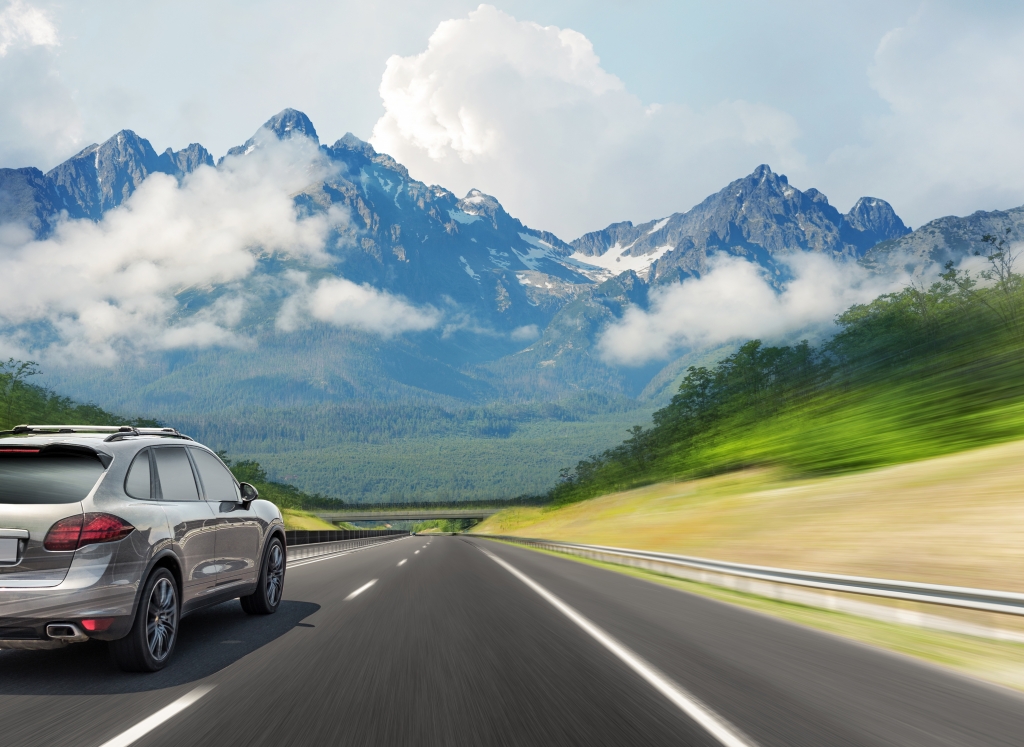Auto Insurance from Wasatch Preferred in Sandy, UT

Wasatch Preferred is your auto insurance provider serving Salt Lake City, St. George, Logan, and all across Utah. We also serve clients in many other states. Call us today to get your rate.
A well-structured auto insurance policy will protect your vehicles, your family, and your finances. Get your car repaired/replaced, your family cared for, and avoid any lawsuit that may arise after an accident. Remember that the “Liability” line items protect your net worth, so to avoid lawsuits, keep your Liability Limits at the right level. Call or click for more details.
Don’t wait until you have a claim to find out whether your policy is tailored to your specific circumstances. Contact us for an honest coverage review and competitive rates.
Liability-Bodily Injury (BI) — Protect your net worth from medical lawsuits
$250,000/500,000. This part of your policy pays for the other party’s medical expenses (per person/per accident), but it’s also designed to protect your net worth (assets – debt = net worth) in a lawsuit, so the first dollar amount shown, in this case $250,000, should be equal to or greater than your net worth. If your net worth is substantial, consider adding a Personal Umbrella Policy of $1,000,000 to $10,000,000, depending on your need, that will extend the policy limits on all your underlying policies—auto, home, boat, etc.
Liability-Property Damage (PD) — Protect your net worth from property damage lawsuits
$100,000. This pays for the other party’s property-their car, fence, sign… With a clean driving record, the cost difference for $50,000 vs. $100,000 in coverage can be as little as $6 a year. Be sure you are getting the most for your insurance dollar. Uninsured Motorist (UM) — Have your medical expenses covered when the driver that hits you has no insurance $250,000/500,000. This coverage pays for your medical expenses if you are injured by someone who does not have any auto insurance. Nationally, 1 in 8 drivers are not insured, that’s about 12% of all cars on the road; and many more don’t carry enough insurance.
Underinsured Motorist (UIM) — Have your medical expenses covered when the driver that hits you doesn’t have enough insurance
$250,000/500,000. This coverage pays for your medical expenses if you are injured by someone who does not have enough insurance to pay for your injuries. Because some drivers do not purchase all the coverage needed to fully pay for injuries they cause to another driver, it’s wise to keep your own UIM coverages equal to your Liability Limits.
Uninsured Motorist (UM) — Have your medical expenses covered when the driver that hits you does not have ANY insurance
$250,000/500,000. This coverage pays for your medical expenses if you are injured by someone who does not have any auto insurance. Because some drivers do not comply with state insurance laws and are not able to pay for injuries they cause to other drivers, it’s wise to keep your own UM coverages equal to your Liability Limits. (Nationally, nearly 13% of drivers are without insurance, meaning on average, approximately 1 out of every 8 drivers you share the road with does not have auto insurance.) Source: Insurance Research Council.
Personal Injury Protection (PIP) — More medical coverage for you
$3,000. PIP is medical coverage for you when you are “In, On, Around, Loading, Unloading, or Maintaining” your vehicle. PIP or Medical coverage is required by law in most states and can be increased up to $25,000 or more, if needed.
Collision Deductible — Have your car repaired if you hit something
$1,000. A Collision loss is damage to your vehicle when you hit another vehicle or a fixed object. The deductible is the amount you pay before the insurance company pays their portion. The lower the deductible the higher the premium and vice versa. If you can afford a larger amount out-of-pocket at the time of an accident, you’ll save on your premium by increasing your deductible.
Comprehensive Deductible — Have your car repaired if something other than collision damages your car.
$500. A Comprehensive loss is damage to your vehicle for nearly everything that isn’t Collision. (It doesn’t cover neglect, lack of maintenance, or intentional damage). Examples of a Comprehensive loss are: hitting a deer, broken windshield, vandalism, theft of the vehicle, etc. Unlike Collision, if you raise or lower your Comprehensive deductible there usually isn’t much of a change to your premium. Because of that, many drivers choose to have a Comprehensive deductible that’s lower than their Collision deductible to better protect their vehicle at minimal cost.
Rental Car Coverage — Have your insurance policy pay to get you on the road
50/1,500. This coverage gives you money in your policy to rent a car when yours is being repaired for a covered loss, with a maximum daily amount (in this example, $50) and a maximum amount per claim. A covered loss is a Collision or Comprehensive loss as described above. Rental Car coverage, sometimes called Extended Transportation, Substitute Transportation or other similar description, is different than coverage you may need if you were traveling and wanted to rent a vehicle. When renting a car while traveling, the coverage you have on your personal vehicles extends to any private passenger vehicle you may rent, so if you carry the coverage above, including Collision and Comprehensive coverage (usually called “Full Coverage”) on at least one vehicle you own, you may have enough insurance to satisfy the rental car company without purchasing insurance from the rental car company. Beware, however, that if you cause damage to a rented vehicle, the rental company may require you to pay for “Loss of Use” for the number of days they were not able to rent the vehicle to someone else. Most insurance companies’ policies will not cover the Loss of Use for a rented vehicle; however, some do and there are ways of avoiding Loss of Use charges, so contact us for questions about this or any other type of insurance.
Electric Monitoring
Each state’s Department of Motor Vehicles (DMV) electronically monitors the status of insurance for vehicles registered in their state, so it’s important to keep your insurance current for all vehicles and all drivers.
